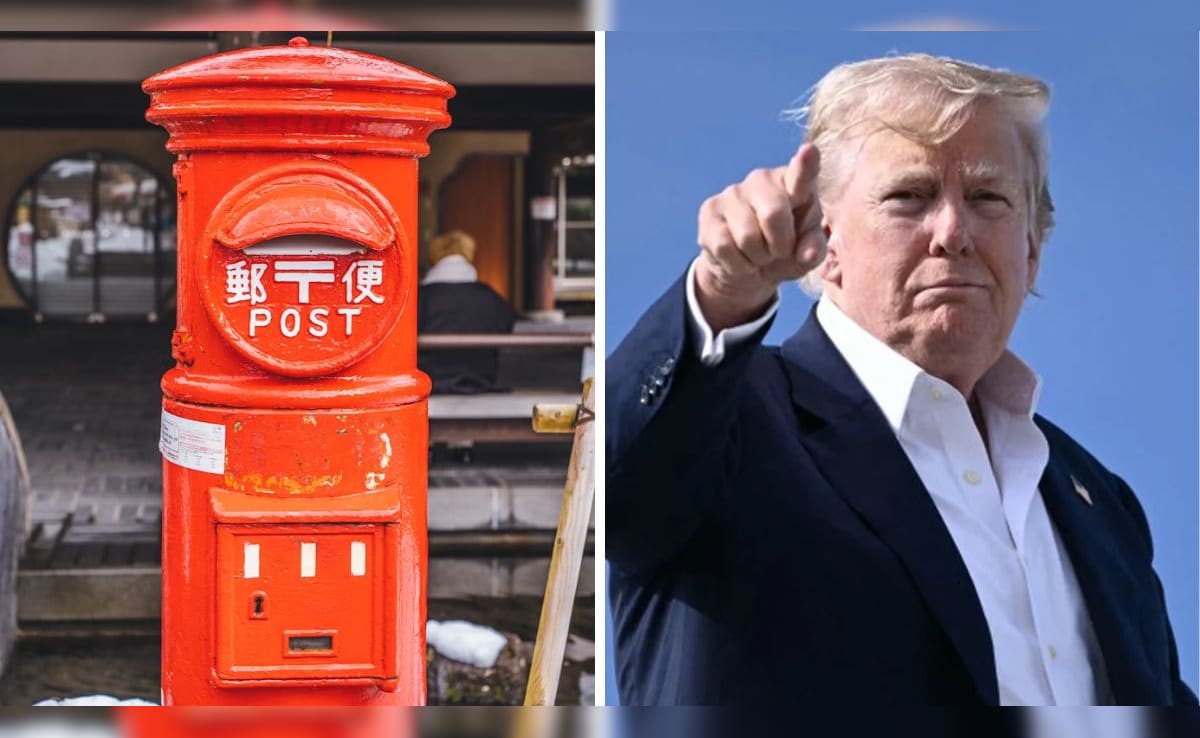As is so often the case with Johnson, his latest setback is an own-goal. Britons are seething over a scandal in which a member of Parliament and Johnson ally, Owen Paterson, was found to have broken lobbying rules after accepting payments from two companies he promoted while serving as a lawmaker. Commentators across the political spectrum â from liberal columnists to Conservative lions like former prime minister John Major â are even angrier about Downing Streetâs push to sidestep accountability.
Conservative lawmakers were corralled, the British press widely reported, into backing a plan last week to avoid a 30-day suspension for Paterson by creating a committee tasked with reviewing the system governing influence peddling. A powerful public backlash led Johnsonâs government to abandon that plan, and Paterson â who has insisted the investigation into his lobbying was unfair â has since resigned his parliamentary seat.
But particularly after a bruising session of Parliament on Monday that the prime minister did not attend, itâs been a tough few days for Johnson as accusations have flied in the British press of so-called âsleazeâ â a catchall word on the other side of the Atlantic for official misconduct. In a move that appeared aimed at deflecting the growing scandal, he plans to return to the climate summit in Glasgow, Scotland, on Wednesday for what a No. 10 spokesman described as an attempt to âencourage ambitious actionâ on climate change in the final days of negotiations.
Johnsonâs opponents accused him of dodging responsibility. âHe led his party through the sewers and the stench lingers,â opposition Labour Party leader Keir Starmer railed in Parliament on Monday. âThis week he had the chance to clean up, apologize to the country and finally accept the rules apply to him and his friends. But instead of stepping up, he has hidden away.â
For the attention-seeking Johnson, who once deadpanned âget me a ladderâ after getting stuck on a zip line during a political stunt, it was not supposed to be this way. COP26 was something of a coming-out party for a Britain newly decoupled from the E.U. One âinsiderâ told BBC political editor Laura Kuenssberg that Johnson thought it was âmarvelousâ to host such an âbig eventâ so soon after Brexit. He had long championed the split as a chance for a reinvigorated, more independent nation to relaunch on the world stage.
Even at the Glasgow summit, Johnsonâs thunder has, to some measure, been stolen by the rock star reception given to visiting former president Barack Obama and the teenage Lorax Greta Thunberg (who trolled Johnson earlier this year on his flip reference to âbunny-huggingâ environmentalists.)
For Johnson, the recriminations over accountability in recent days speaks to broader criticism of how his Conservatives have leveraged their overwhelming victory in 2019 to undermine institutional checks and balances. His government is pushing an elections bill that would increase political control of the Electoral Commission, an independent watchdog currently investigating the funding for the refurbishment of the Downing Street apartment the prime minister shares with his wife.
The government has also taken aim at the courts, seeking to limit judicial review of public bodiesâ actions â and to more easily overturn those rulings the government disagrees with. Johnson âseems to think rules are for losers,â the Economist concluded last week.
Itâs tempting, if a tad lazy, to view Johnson â who is also known for his entertainment value â through the transatlantic prism of the Trump Republicans. In some important ways, Johnson and his closest ministers have echoed Trumpian tactics meant to bend the rules of democracy and fan the fires of the culture wars. But British conservatism tends to be a different beast.
For one, Conservative lawmakers in Britain â spurred by angry constituents â appear to be pushing back against their leaders for insisting on party loyalty for what some of them now confess was an immoral attempt to dodge accountability in the Paterson case. âIt was moronically stupid,â one unnamed Conservative MP told the BBC.
The well-known British Conservative William Hague famously said his party was like âan absolute monarchy tempered by regicideâ â a reference to how the Conservative rank and file remain firmly loyal, until they donât, as Margaret Thatcher learned in 1990. Still, despite his falling approval ratings, Johnson does not appear to be in any immediate danger of losing his job. Few Conservatives in Parliament seem eager for flash elections that would put their own jobs at risk.
Yet, at the very least, the roiling sleaze scandal has tarnished what should have been Johnsonâs moment, crystallizing criticism about his flexible commitment to the rule of law.
âFor him, all this couldnât have come at a worst time,â Tony Travers, a British politics expert at the London School of Economics, told me this week.
Read more:
.png)











 English (United States) ·
English (United States) ·  Turkish (Turkey) ·
Turkish (Turkey) ·